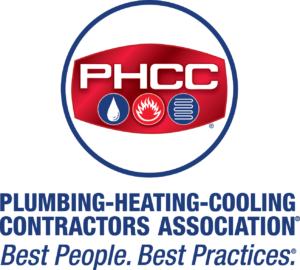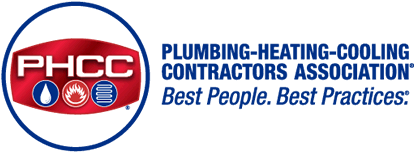
By Chuck White, Vice President of Regulatory Affairs
OSHA has identified that SARS-Cov-2 and COVID-19 present a grave danger to employees and has promulgated this Emergency Temporary Standard (ETS) for the workplace. The ETS applies to employers of 100 or more employees and is effective as of Nov. 5, 2021 (the date of publication). The ETS shall remain in effect the grave danger no longer exists or OSHA determines the conditions revert to a significant risk (i.e., not a grave danger). At that time, OSHA will consider converting the ETS to a standard adopted under 6(b) of the OSH Act. This rule pre-empts all state and local laws. OSHA is confident that employers with 100 or more employees have the capacity to implement the requirements of this ETS but will consider the effects on smaller businesses at a later date.
The rule does not apply to employees:
- Who do not report to a workplace where other individuals such as coworkers or customers are present;
- While working from home; or
- Who work exclusively outdoors.
There are two classes of business that are exempt from this rule. (1) Government contractors that are subject to the requirements of the Safer Federal Workforce Task Force COVID-19 Workplace Safety: Guidance for Federal Contractors and Subcontractors. (2) Employers in settings where employees provide healthcare services or healthcare support services are subject to the requirements of the Healthcare ETS.
OSHA is strongly encouraging employers to implement a vaccine mandate program. Employers that decide to enforce mandatory vaccinations are to have programs established by Dec. 5, 2021. Employees subject to the mandatory vaccination program must have completed their full course of vaccinations (one or two shots depending on the selected vaccine) by Jan. 4, 2022. It is not necessary that the employee have completed the additional two-week post-shot waiting period prior to that date.
Exemptions: will be allowed for employees
- With valid medical reasons,
- With medical reasons for a delay in vaccination, or
- those legally entitled to a reasonable accommodation under federal civil rights laws because they have a disability or sincerely held religious beliefs, practices, or observances that conflict with the vaccination requirement. (More information on determining valid reasons is available at: https://www.eeoc.gov/wysk/what-you-should-know-about-covid-19-and-ada-rehabilitation-act-and-othereeo-laws.)
Should an employer decline to participate in the mandatory program, an exemption allows those employers to establish, implement, and enforce a written policy allowing any employee not subject to a mandatory vaccination policy to choose either to be fully vaccinated against COVID-19 or provide proof of regular testing for COVID-19 and wear a face covering (with limited exceptions) when working. Alternate programs must be in place and operating by Jan. 4, 2022.
Employers must determine the vaccination status of their employees by attaining a:
- The record of immunization from a health care provider or pharmacy;
- A copy of the COVID-19 Vaccination Record Card;
- A copy of medical records documenting the vaccination;
- A copy of immunization records from a public health, state, or tribal immunization information system; or
- A copy of any other official documentation that contains the type of vaccine administered, date(s) of administration, and the name of the health care professional(s) or clinic site(s) administering the vaccine(s);
- In instances where an employee is unable to produce acceptable proof of vaccination under paragraphs (e)(2)(i) through (v) of this section, a signed and dated statement by the employee:
- Attesting to their vaccination status (fully vaccinated or partially vaccinated);
- Attesting that they have lost and are otherwise unable to produce proof required by this section; and
- Including the following language: “I declare (or certify, verify, or state) that this statement about my vaccination status is true and accurate. I understand that knowingly providing false information regarding my vaccination status on this form may subject me to criminal penalties.”
Records must be treated as confidential medical information and must only be retained for the duration of this Emergency Temporary Standard. Employees who cannot provide such documentation must be treated as unvaccinated.
Unvaccinated employees must supply results of COVID-19 testing every seven days to work in settings other than those specifically exempted work areas. Employers shall ensure unvaccinated or not fully vaccinated workers wear masks when indoors and in vehicles with others except for times when the employee is in an office with walls extending to a ceiling and the door is closed, when eating or drinking, briefly for identification purposes, when other forms of similar PPE is required to be worn, or when it is infeasible due to work conditions.
Employers shall provide up to four hours paid leave to receive vaccinations and additional time to recover from any side effects. For unvaccinated individuals, the employer is not required to pay (also not prohibited from paying) for COVID-19 testing, facemasks, or time off related to testing.
Employees must immediately inform employers of positive COVID-19 testing or diagnosis and the employer shall remove the employee from the workplace. Employees must remain isolated until proper clearance testing has been received.
More details are available at the PHCC COVID-19 Recovery Center, Legislative & Regulatory section.

